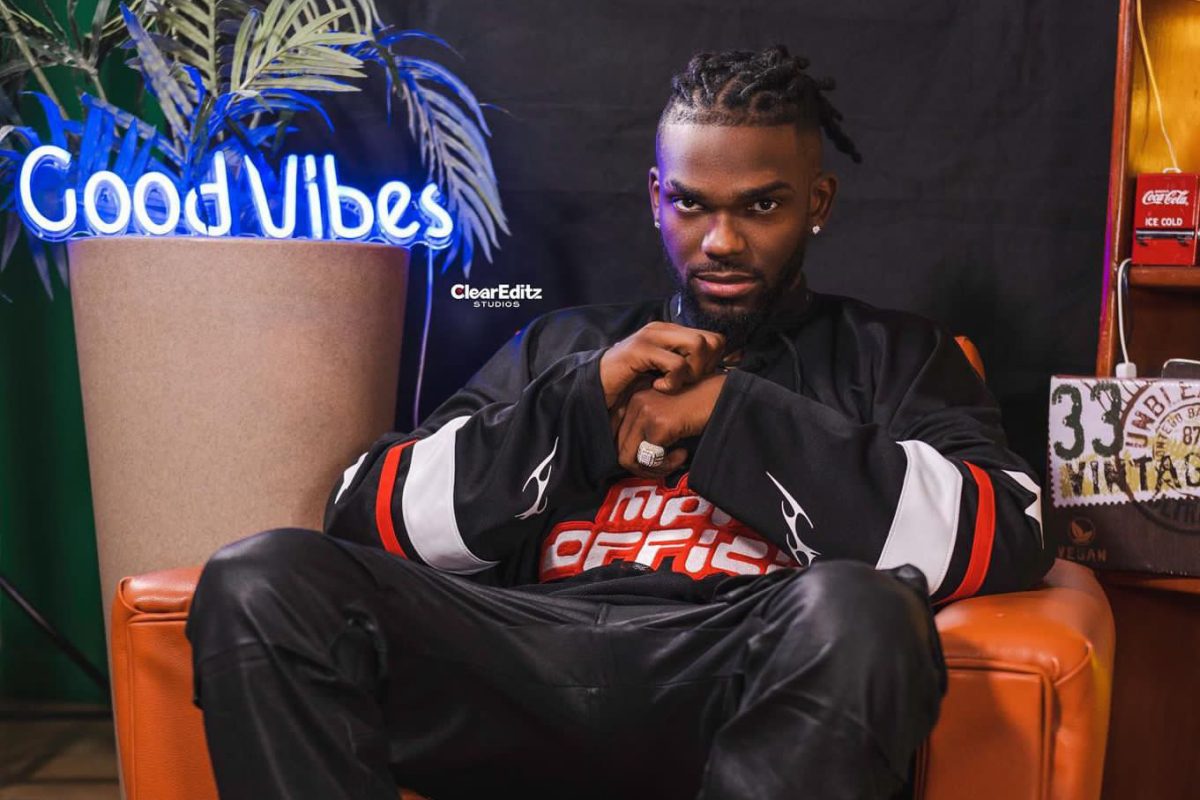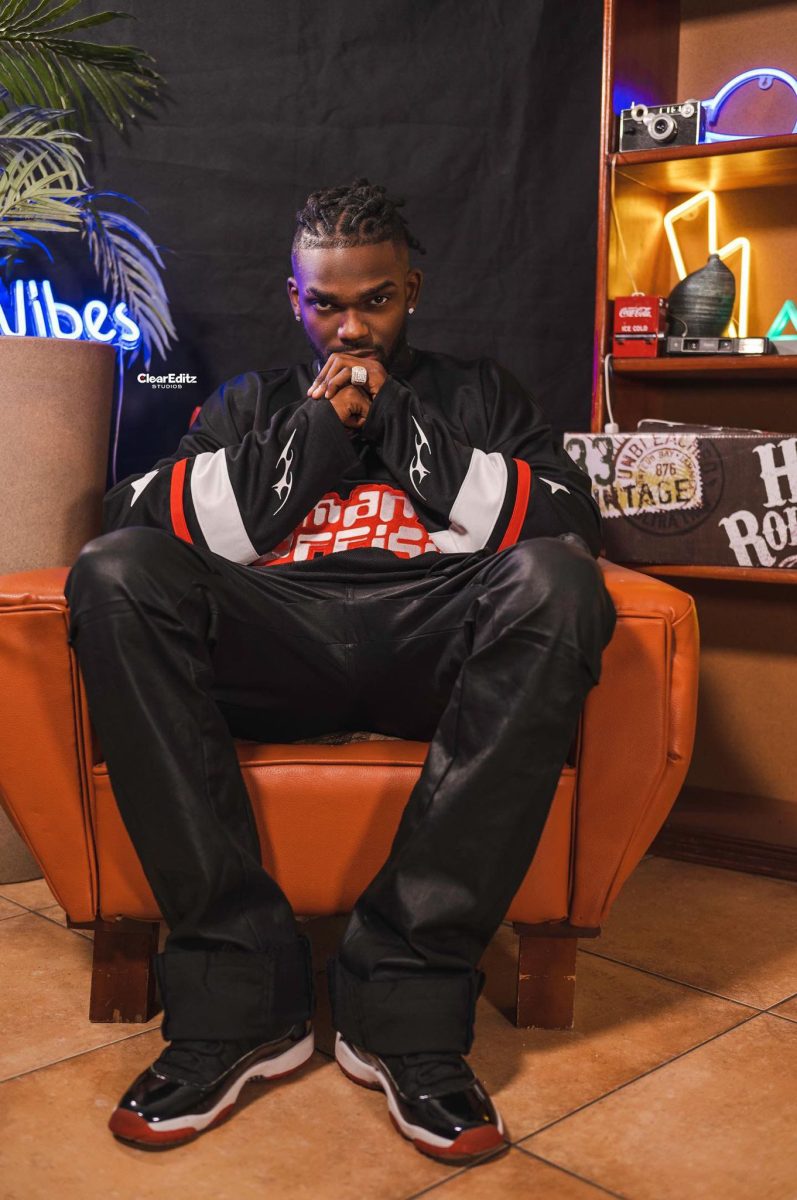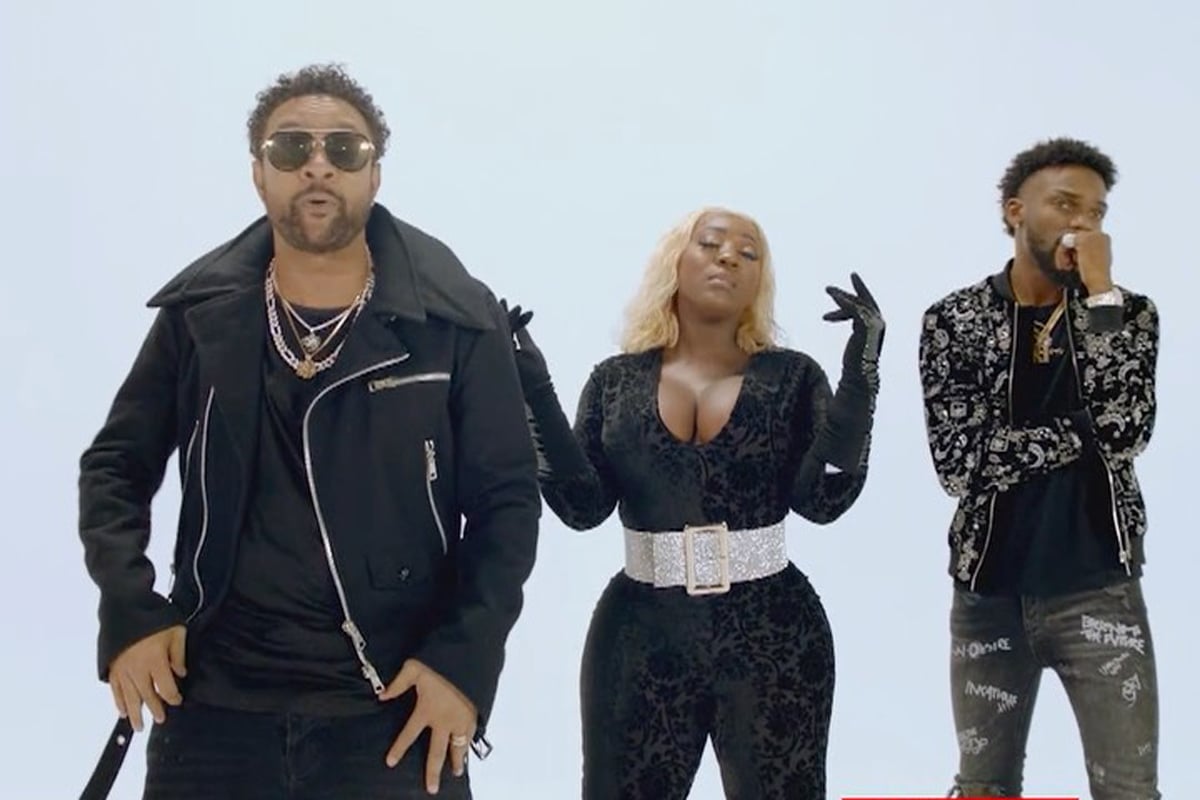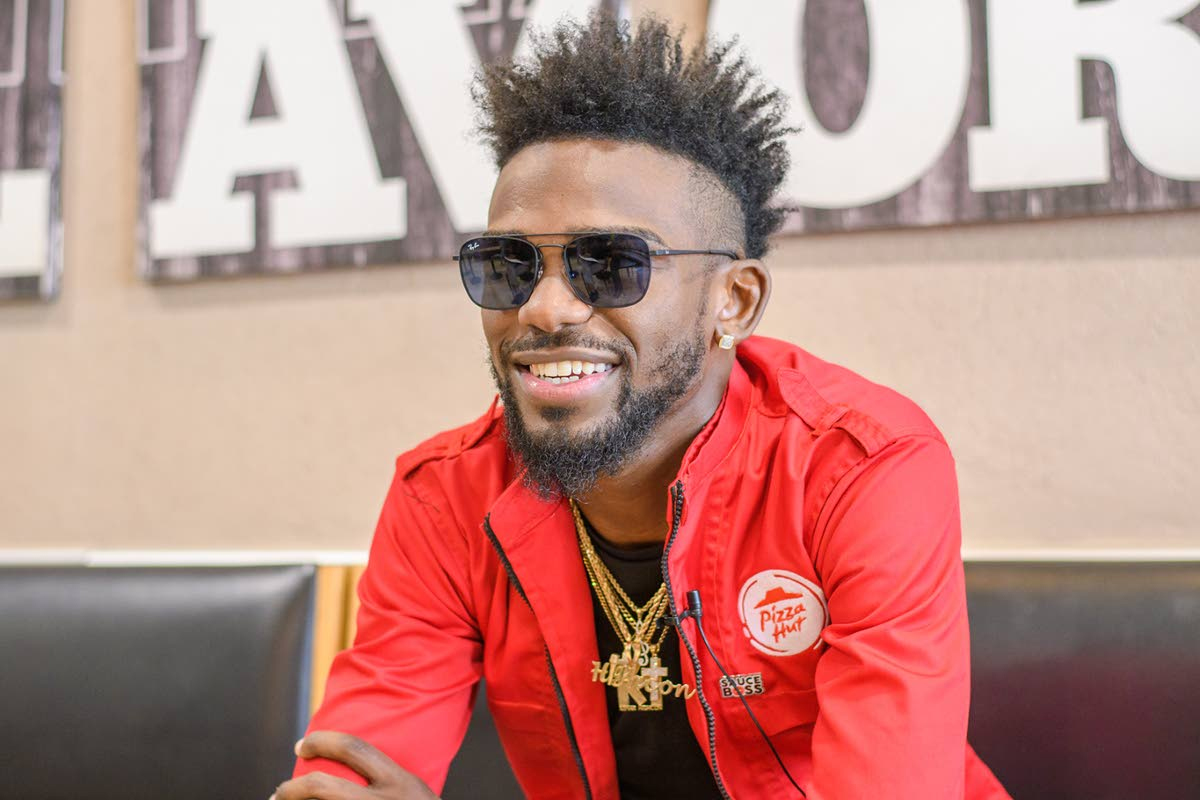Kemar Highcon Talks Life, Masicka And The Law

It was a revealing peak behind the scenes for Dancehall’s Sauce Boss Kemar Highcon, whose recent appearance on the Let’s Be Honest podcast touched on nearly everything in the singer’s life, from his upbringing and career in music to his Masicka diss and recent legal troubles.
Having once believed that other artists simply refused to work with or acknowledge him, the former St. Jago High School student was quizzed about how he came to collaborate with one of the greatest musical artists of all time, Dancehall/Reggae legend Shaggy.
“Shaggy’s DJ, Q, discover me. Mi did have a song a mek noise inna di tri-state area and him hear it and introduce mi to Shaggy and from deh suh di link mek,” the 32-year-old told host Jai Frais.
He also expounded on what the experience was like working with Shaggy and lessons he picked up along the way.
Learning From The Greats
“Him [Shaggy] teach mi seh music nuh have no boundaries… Fi a man weh cross every musical boundary, why you wouldn’t waa work wid him? Him do it,” Highcon, 32, explained.
“When yuh talk ‘bout Shaggy and Sean [Paul], dem man deh dweet fi Dancehall, dem dweet fi Jamaica, dem dweet fi music pon a whole…. Fi di last 20 generations a dem we a talk ‘bout – dem man deh dweet pon a massive scale.”

Highcon, who is originally from Portmore, finally had his musical breakthrough in 2018 when he released his hit So Saucy. Three years prior, Highcon was still an aspiring young artist trying to navigate unfamiliar terrain. When So Saucy dropped, he was catapulted from obscurity into the spotlight.
He described how the track helped his career, and even described it as his “first real buss song”.
“When yuh get a buss song it’s basically a introduction into di industry ‘cause people start get familiar wid yuh and people start know yuh by name,” Highcon explained, tagging Track Starr Music Group-produced track as his biggest so far. “So, it did mek connections easier… in the sense of networking.”
The single, which ultimately became the catalyst for his EP – Saucy – two years later, was also responsible for his eventual big-time collaboration with Shaggy and Spice. The two juggernauts joined the then up-and-coming artist on the remix, and the rest was history for the singer.
Corporate Success And Challenges
When asked if his collaboration with Shaggy may have opened the door to corporate sponsorships for him – most notably his status as a Digicel Music Ambassador, as well as being among top-billers Konshens and Teejay for Digicel’s Unplugged, he humbly shot the assumption down.
He reasoned: “If a did di Shaggy plug mek mi get dem opportunities deh it would have probably been with Pizza Hut and not Digicel because Shaggy’s people are close with Pizza Hut. So, mi feel like it was just hard work honestly.”
He further explained that his song was playing everywhere – a testament to its quality and the work he’s put in.
“The songs were playing everywhere and everybody did know di song dem, everybody did a vibe to di song dem, so, I feel like Digicel see dat and decide fi pick up di song dem,” he shared, noting that he was still a Dancehall artist based in America at the time of those deals.
He also reflected on how “going corporate” impacted his career and decisions.
“Naturally, it ago happen to you as a Dancehall artist. Once yuh go dis corporate route, yuh now living in a di eyes of corporate Jamaica… and dem waah yuh fi do tings a certain way,” he said.
He continued: “Even doh di people that I worked with in my corporate deal were pretty flexible, yuh get wa mi a seh? Dem did cool and ting but, of course, yuh know corporate Jamaica still a watch everyting wa yuh do. Yuh cyaa do certain tings and yuh cyaa seh certain tings.’
Disconnecting From Music Post-COVID
Highcon hit his stride as a budding Dancehall artist in 2020, but a lot of that momentum gained – corporate deals and the zeal for music – was almost abruptly sapped away after the COVID-19 pandemic struck. Highcon describes the whole period as “a disconnect.”
“I won’t even deny it, there was a disconnect. COVID faawud inna 2020 and den afta COVID, there was a disconnect. I won’t even deny dat,” he explained. He further shared, “There was a disconnect wid music on a whole afta dat. A disconnect wid music on a whole, everywhere.”
That disconnect, Highcon revealed, led him to refocus. With family taking center stage for him, he became disengaged with music. As he describes it, he was “discouraged” with it.
“Yuh start focus pon life more because COVID faawud and yaa think ‘Wa mi ago do? Yuh cyaa go outside, yuh cyaa do shows. Afta dat, mi feel like mi did jus’ get discouraged, mi cyaa lie to yuh. Plus, mi couldn’t relate to most a di songs dem wa dem did a sing dem time deh. Mi only sing bout wa mi know – girls, partying and fun,” he explained. The ‘Choppa’ and ‘Obeah’ songs, Highcon revealed, weren’t songs he could relate to. And though he could have attempted to pretend that he did, that’s not a path he was comfortable taking.
According to Highcon, “I feel like di songs dem weh me hit wid a songs weh mi sing ‘bout myself or sing bout tings weh me know and it work. So, mi cyaa sing bout tings weh mi nuh know ‘bout ‘cause mi cyaa relate to dem. If mi nuh know ‘bout it, mi nah guh sing it.”
‘Music Too Dark’
He further added: “Mi feel like di music inna di space too dark. It too dark, man. And if it nuh fun, mi cyaa relate to it. The dark music put everybody inna a dark space and everybody wants to be dark and mi nuh waa be a part a dat. Everybody cyaa deh go di same way. Mi jus’ feel like dat nah go work fi mi. Mi cyaa sing bout choppin’ ‘cause I am not a choppa. Mek we mek music fun again.”
Highcon was also asked to weigh-in on the much-discussed Dancehall vs. Afrobeats debate, and his position was consistent with a growing segment in that heated arena.
“Afrobeats music is more fun, more appealing,” he reasoned. “Afrobeats is also more organized and if a new Afrobeats artist do a show, di lowest dem a get paid a probably 20 grand (USD). A lot of Dancehall artist nah mek dat.”
“And, let’s be real,” he continued, “we not selling out anywhere… di industry pon a whole need fi go back to di drawing board. As a genre, we kinda disconnected from di world.”
Relationship Now With Music
Highcon hasn’t fully re-engaged with music since his disconnect in 2020 following the COVID-19 pandemic. He candidly discussed still having his love for music, but still not feeling as though he has fully reconnected with it.
“I wouldn’t say I’m fully connected to it again, not yet. Mi have crazy collabs, mi jus nuh drop dem. Mi have crazy music, mi jus nuh drop dem, yuh get wa mi a seh? Di love fi di music still deh bout, but da disconnect deh is still there,” he shared. He further clarified what that disconnect meant, telling the host: “When mi seh disconnect, mi mean – di people disconnect from me, and me disconnect from di people dem.”
The So Saucy singer also touched on his recent arrest and subsequent release, only choosing to reveal that he was, in fact, a co-owner of the vehicle he was reported as stealing. According to him, he has owned the vehicle since 2017.
“There was a co-sign situation and it jus’ guh left,” he sparingly shared.
After discussing his latest project, the Rvssian-produced track featuring Teejay, Grand Theft Auto , which was, according to Highcon, a successful attempt at turning a negative into a positive, he was then quizzed about a subliminal jab he supposedly took at Masicka following his release.
Highcon reportedly posted a cryptic message to his Instagram story which appeared to suggest that ‘the sauce’ was greater than the ‘crocodile’ – a symbol Masicka has interchangeably used to represent himself in Dancehall spaces.
After explaining that he and Masicka has no known beef, Highcon explained: “Listen, if yuh eva hear seh a man nuh like mi, it affi be ‘bout a girl. Nutn else. Trust me. Jus’ believe dat.”
He also suggested that the post was a response to a subliminal shot Masicka took at him. Now focused on making a comeback, Highcon closed the interview on a self-assured note: that he was not opposed to clashing Masicka, despite his perceived limitations as a ‘party’ artist.


